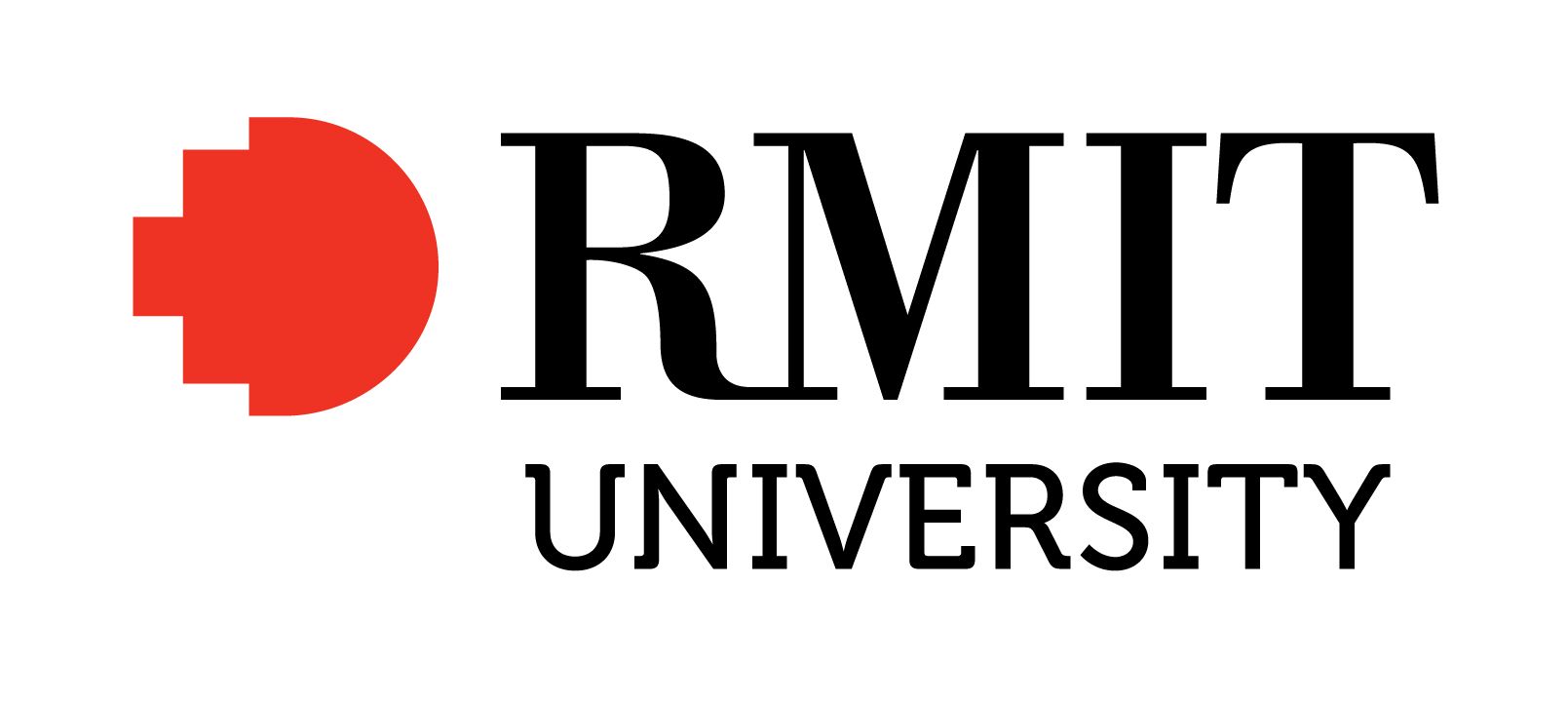Full description
Collection of audio cassettes documenting the post-punk music scene in the early 1980s, includes interviews, music tracks, and supplementary information such as contents pages, booklets, crosswords and photographs. Fast Forward was the world’s first audio-cassette music magazine conceived and edited by Bruce Milne and Andrew Maine. Both had music programs on the Melbourne radio station 3RRR and Milne ran an independent record label Au Go Go Records. Designer Michael Trudgeon, (now Professor Michael Trudgeon, RMIT University) joined them as the designer for the magazine. The cassettes interspersed interviews with music and were packaged with printed artwork and sold in record shops around Australia and abroad. Thirteen issues were produced between November 1980 and October 1982. Regular contributors included Jeff Holland, who created elaborate sound collages which were combined with elaborate illustrations in the booklet that accompanied the audio cassette. Many ground breaking Australian bands were first published on Fast Forward tapes including Hunters and Collectors. An international audience was first exposed to music from Australian bands including Laughing Clowns, the Go-Betweens, Rowland Howard’s ‘Shivers’ as performed by The Young Charlatans, The Scientists, the M Squared label, Dead Can Dance and Pel Mel’s ‘No Word from China’ recorded as a ‘demo’. As the magazine’s presence and reputation grew, international acts began to submit material for publication including The Cure. Interview subjects included Nick Cave, The Cure’s, Robert Smith, Mark E Smith of The Fall, and the manager of The Clash. The collection is arranged chronologically. There is one box of material. A detailed inventory is available. There are 13 issues of the magazine held, issue 1 is missing.
Data time period: 1980 to 1982
User Contributed Tags
Login to tag this record with meaningful keywords to make it easier to discover
- Local : 7486d4d5e63fd0aa45b79584e5e4c842


